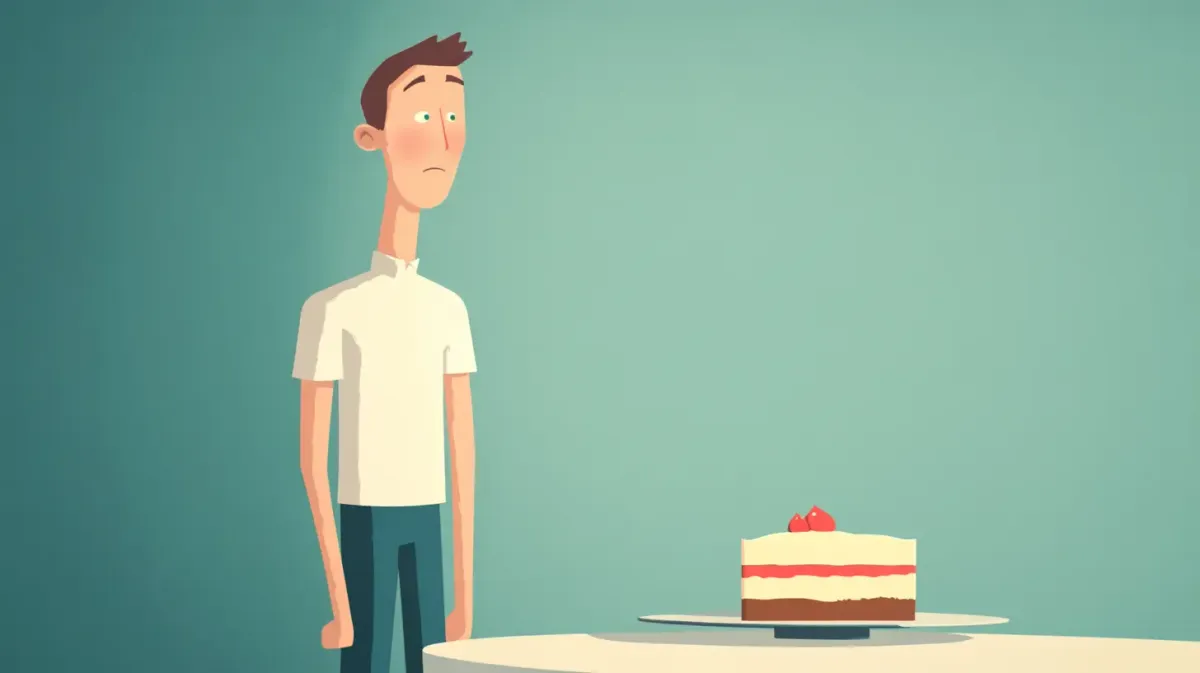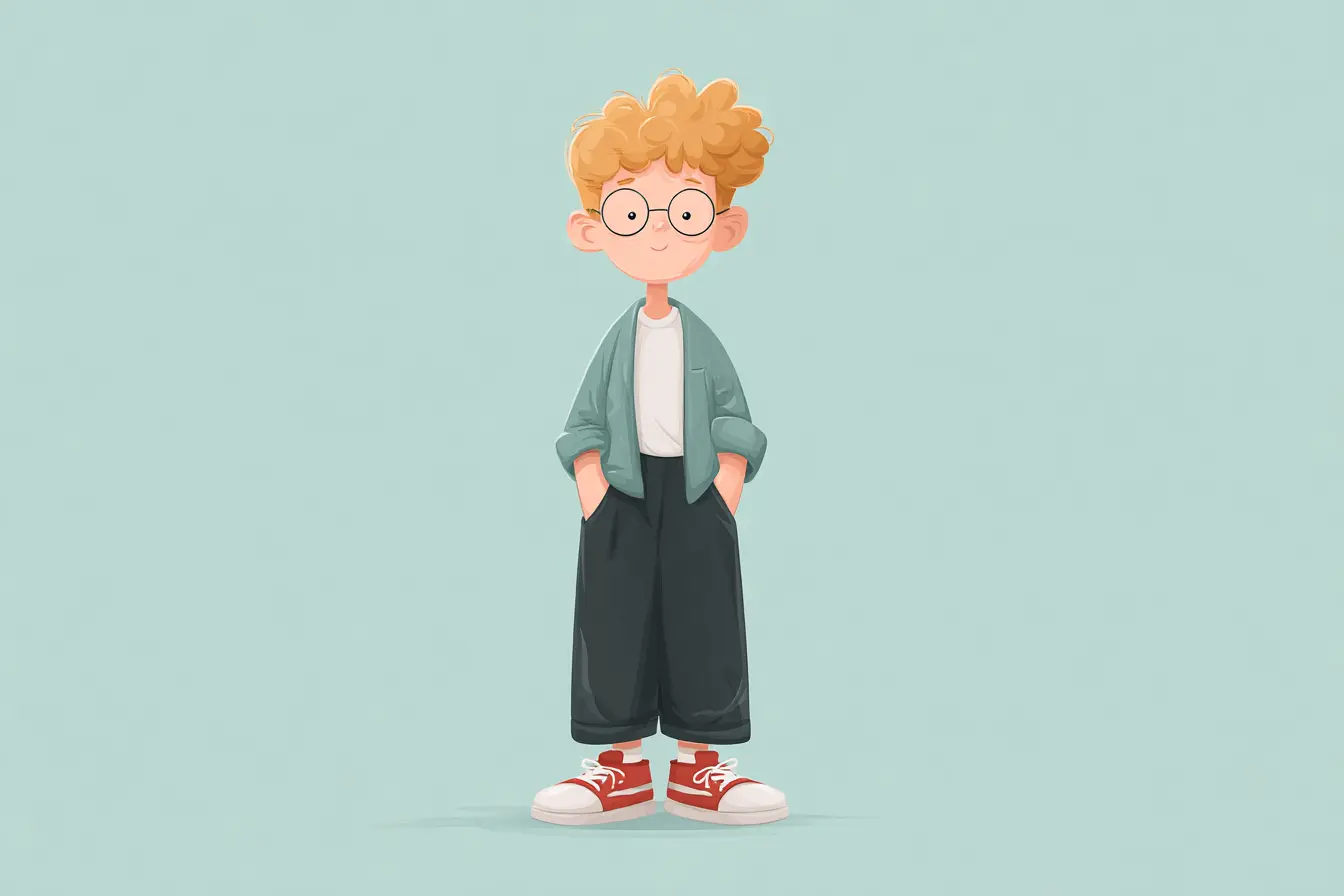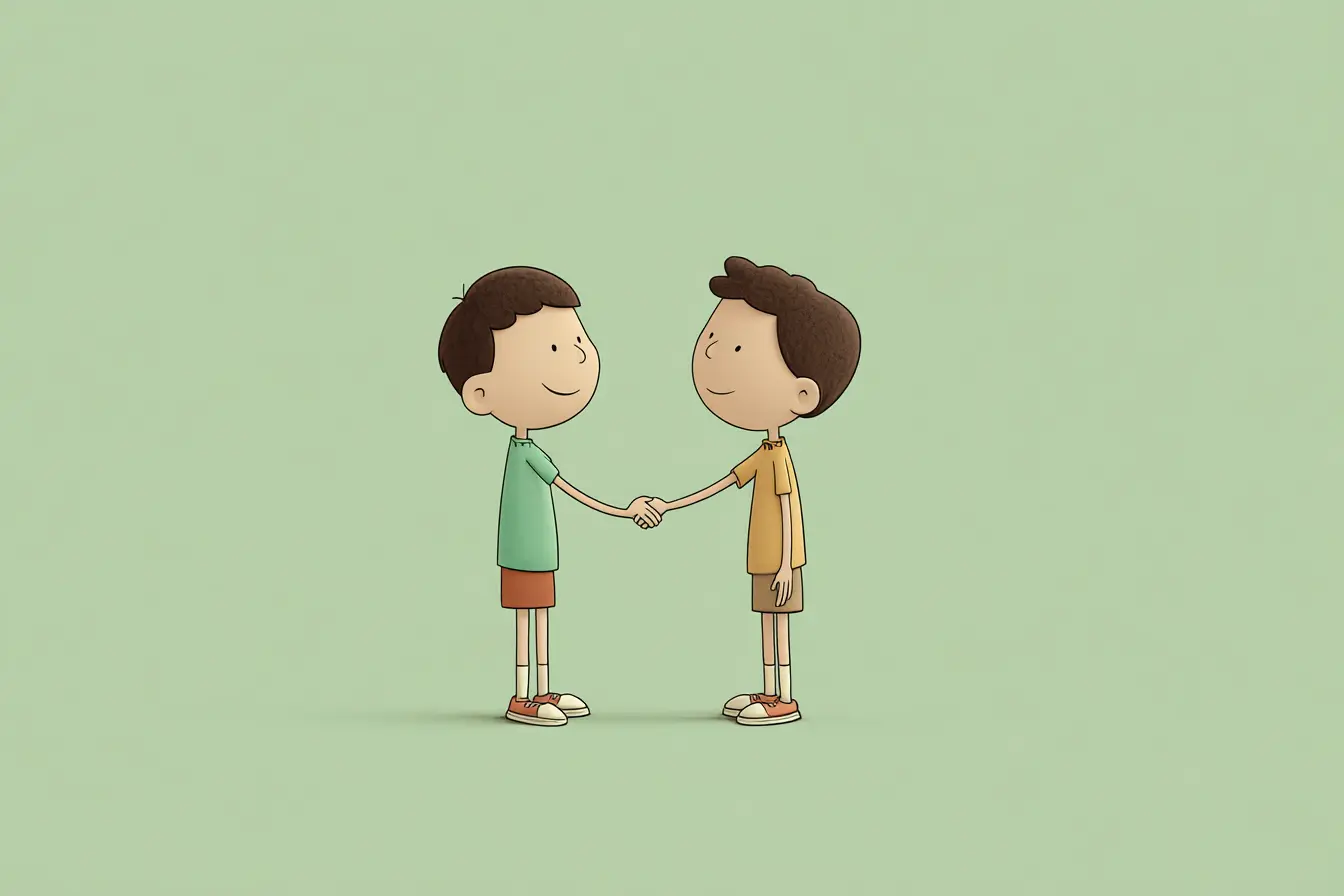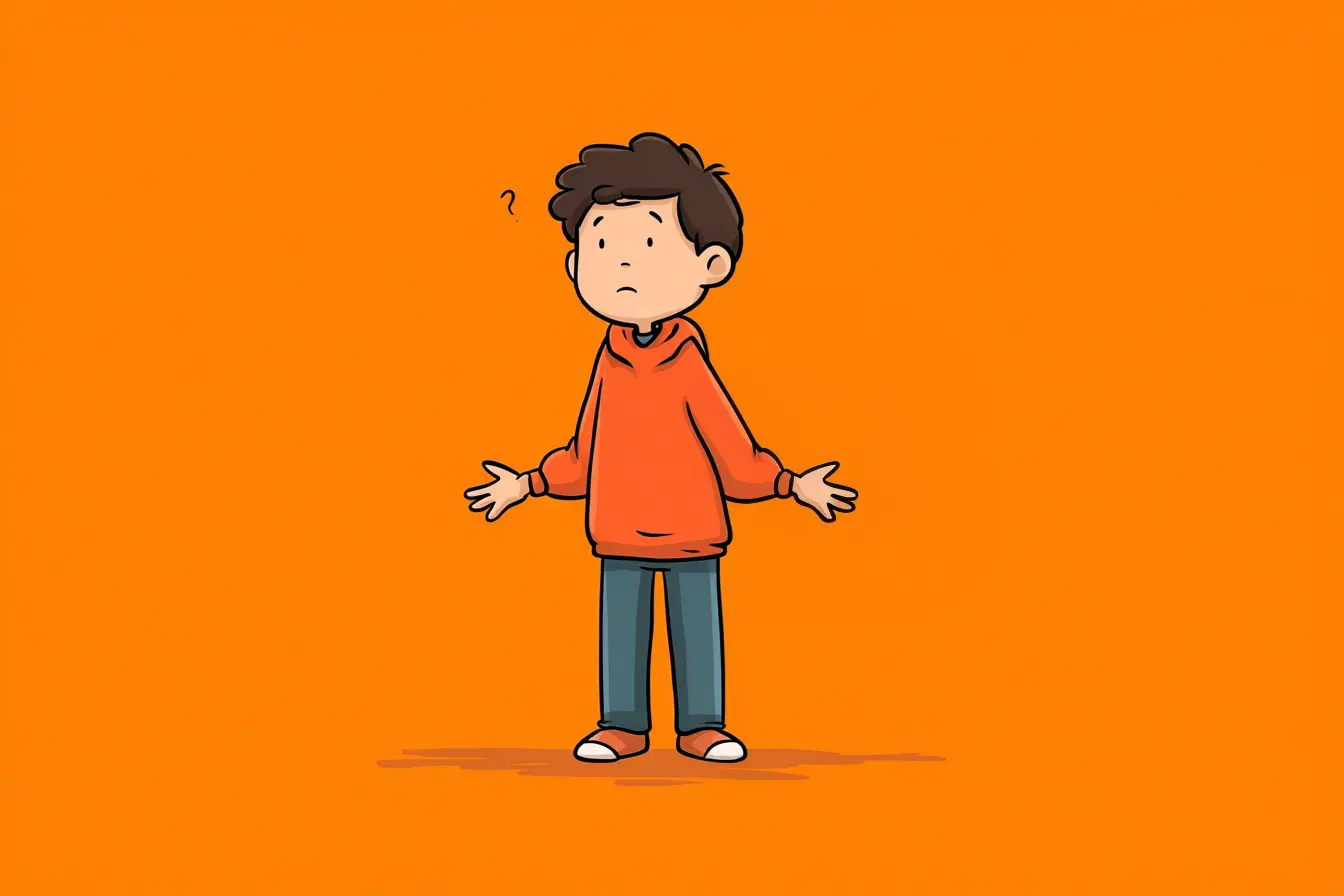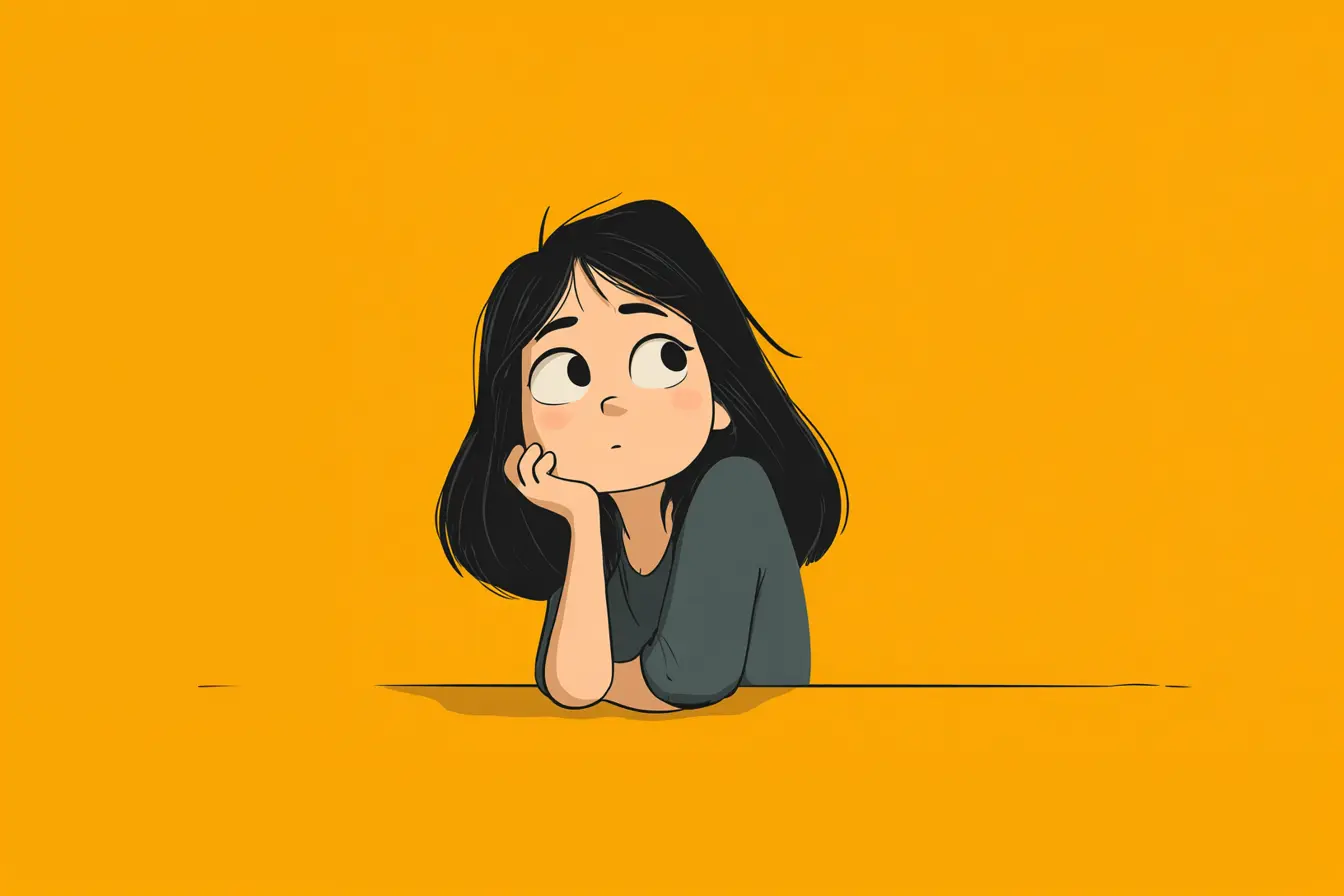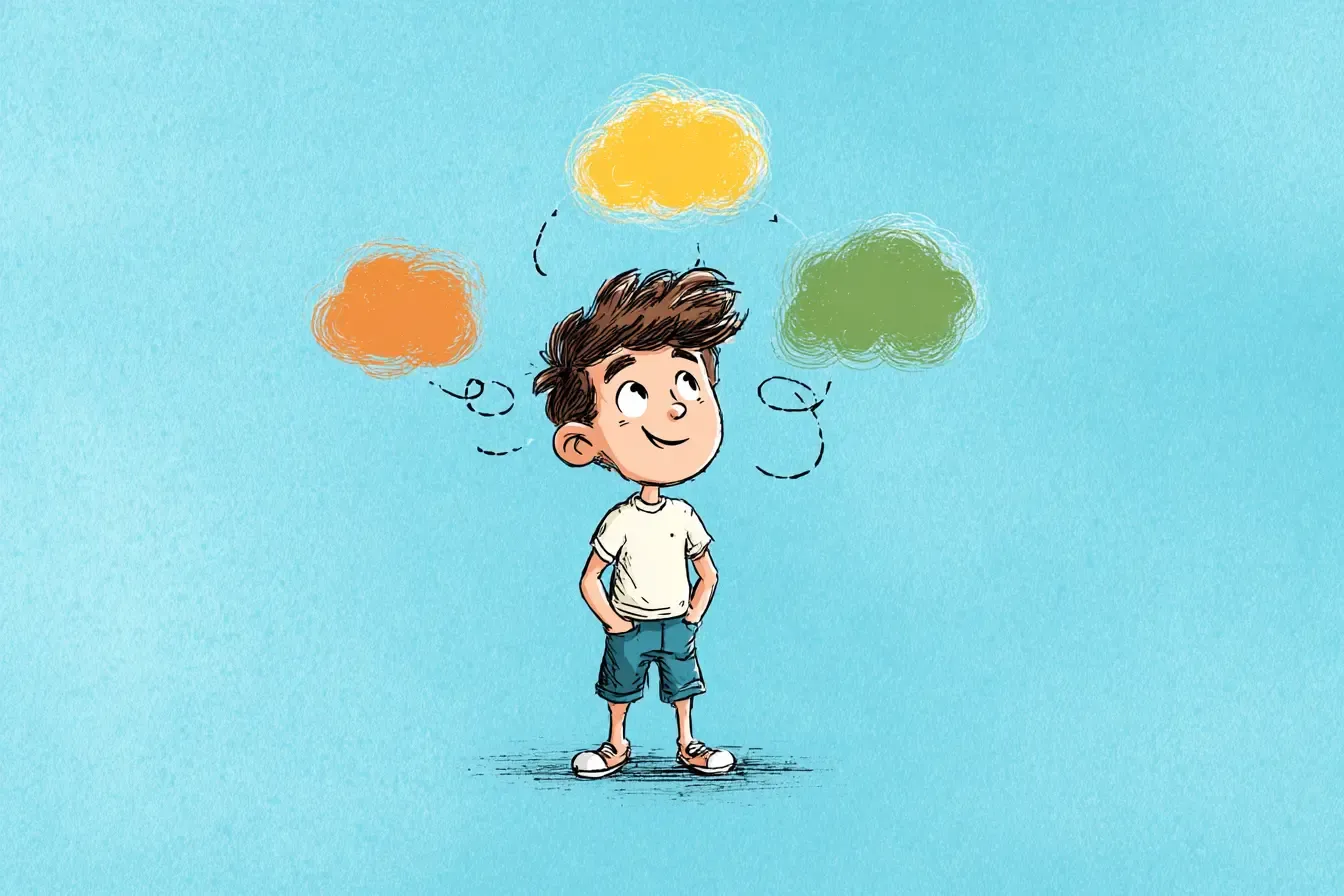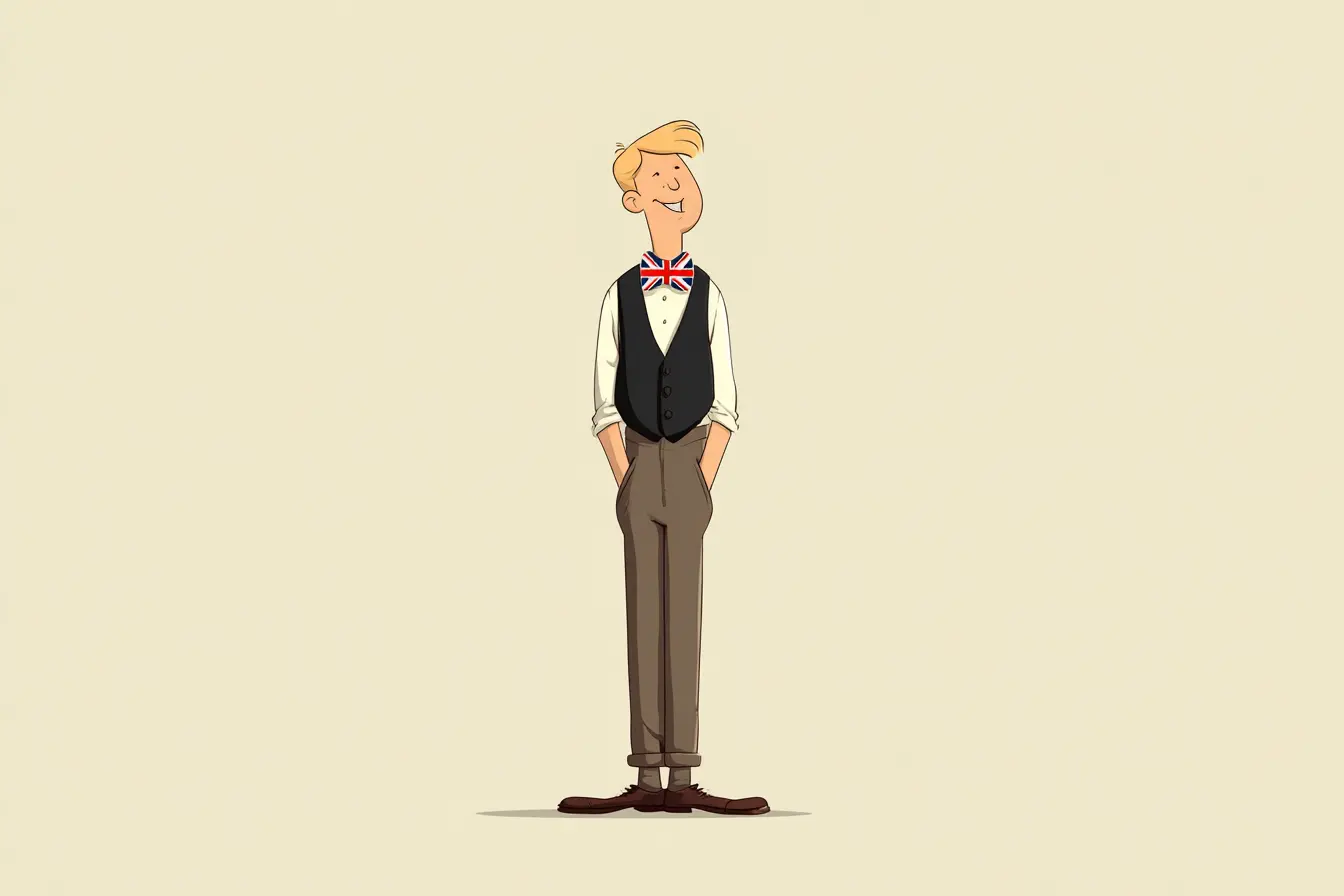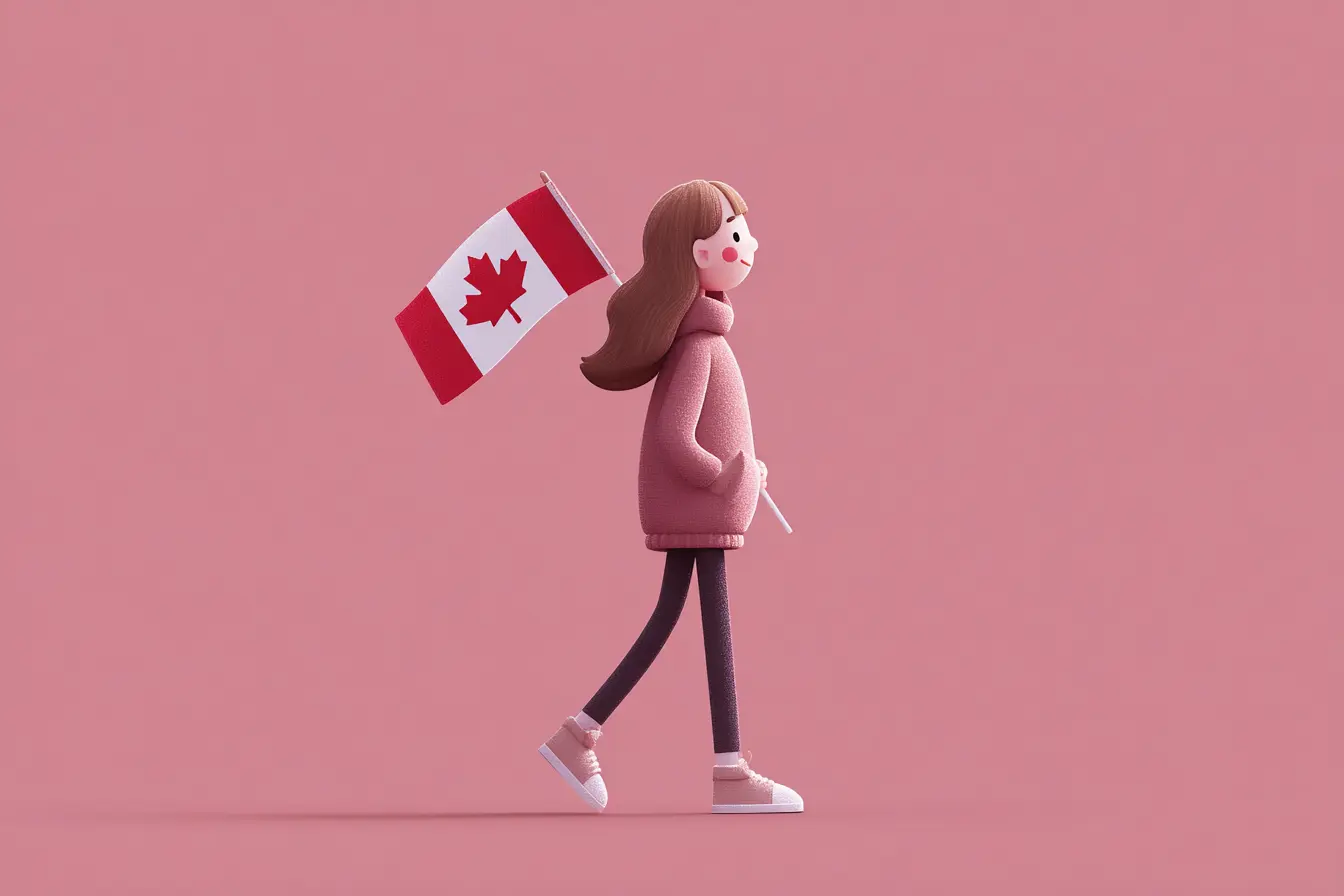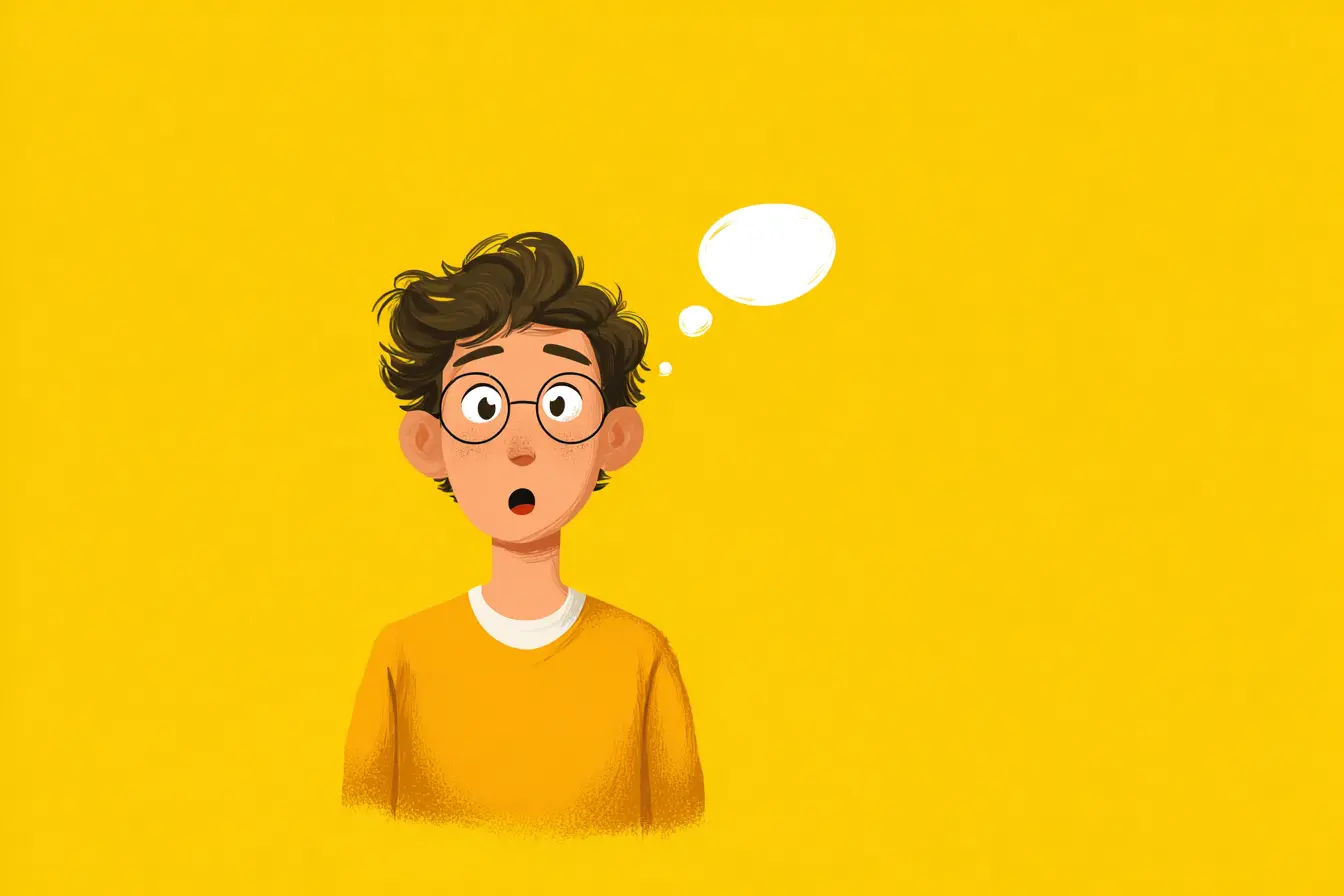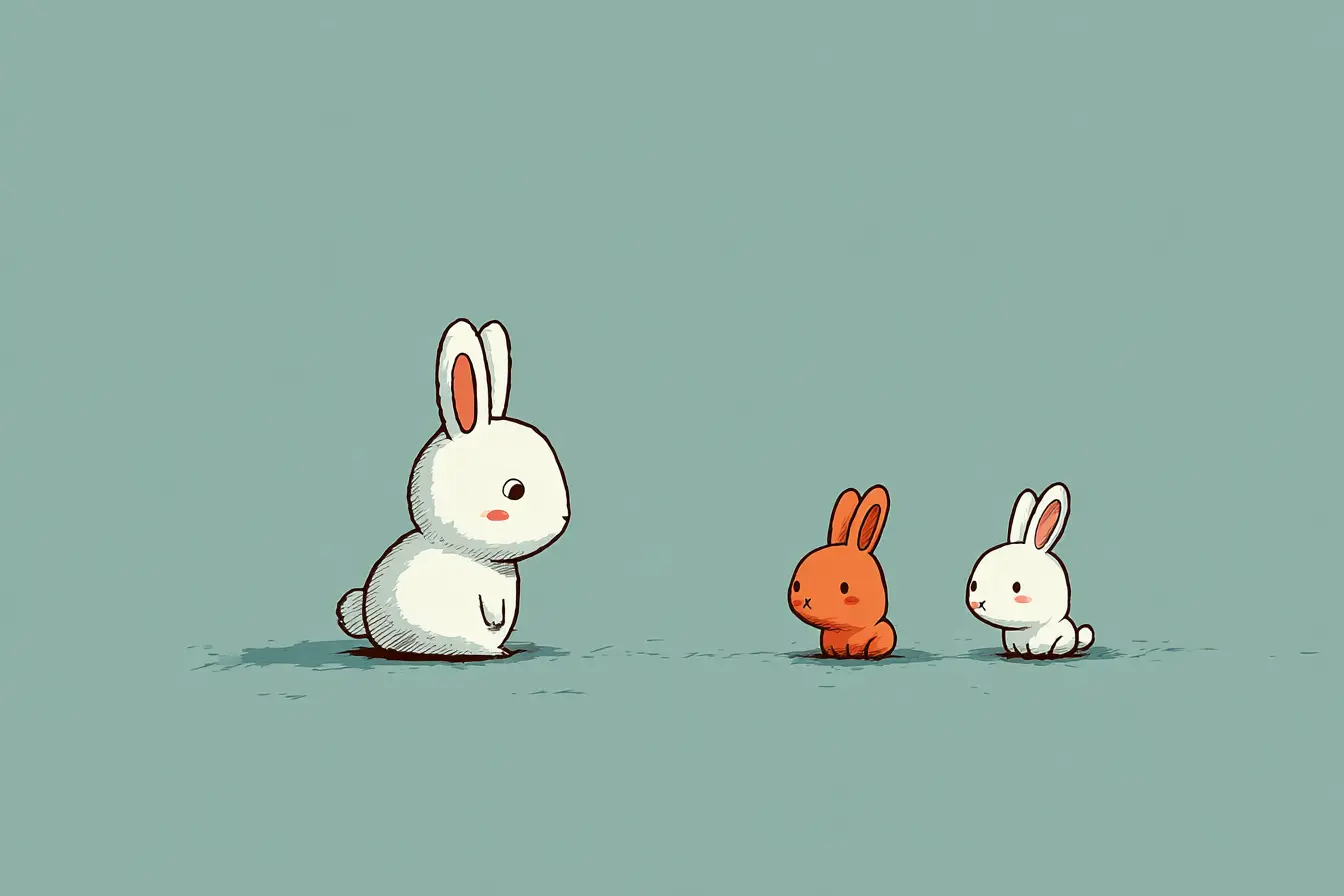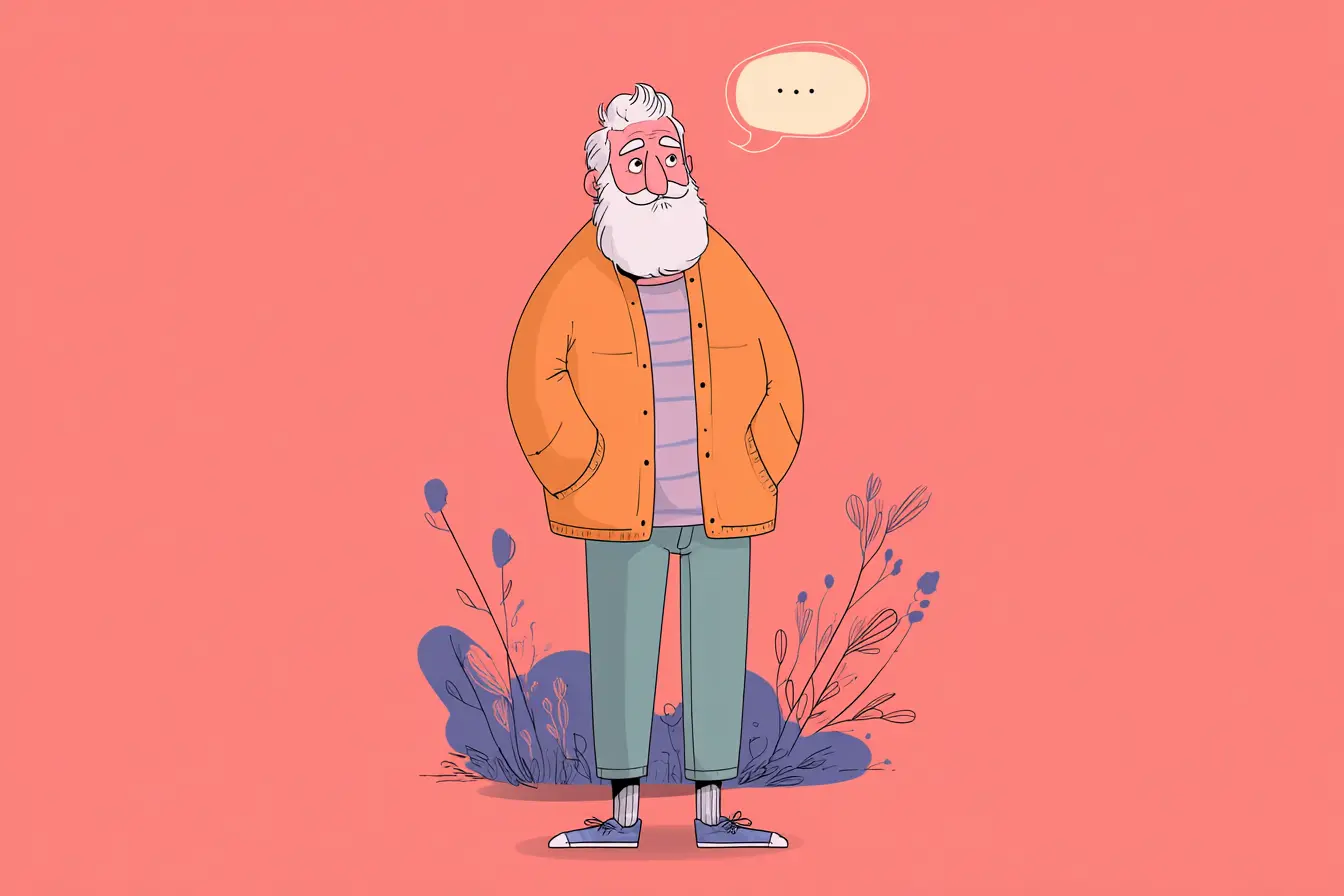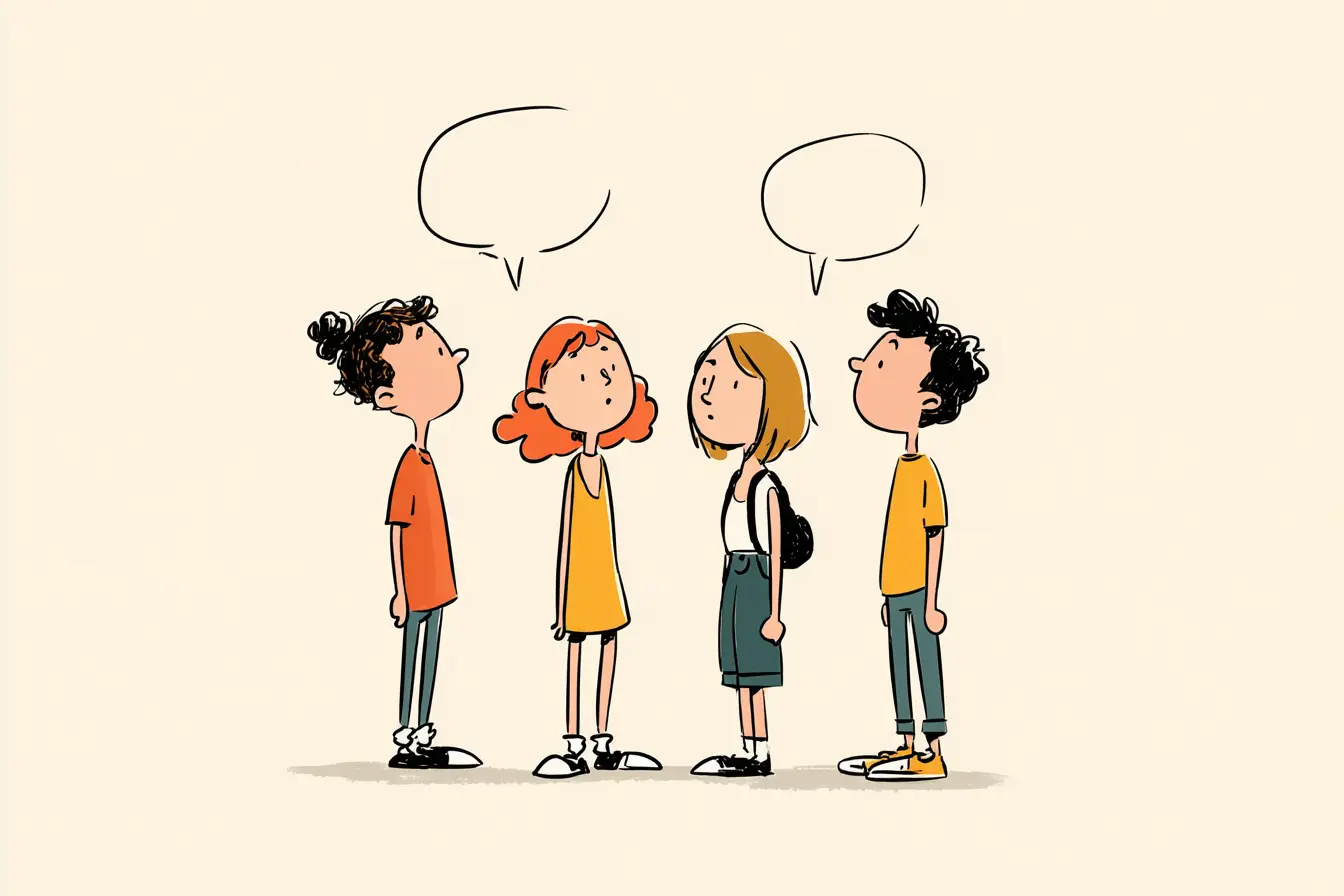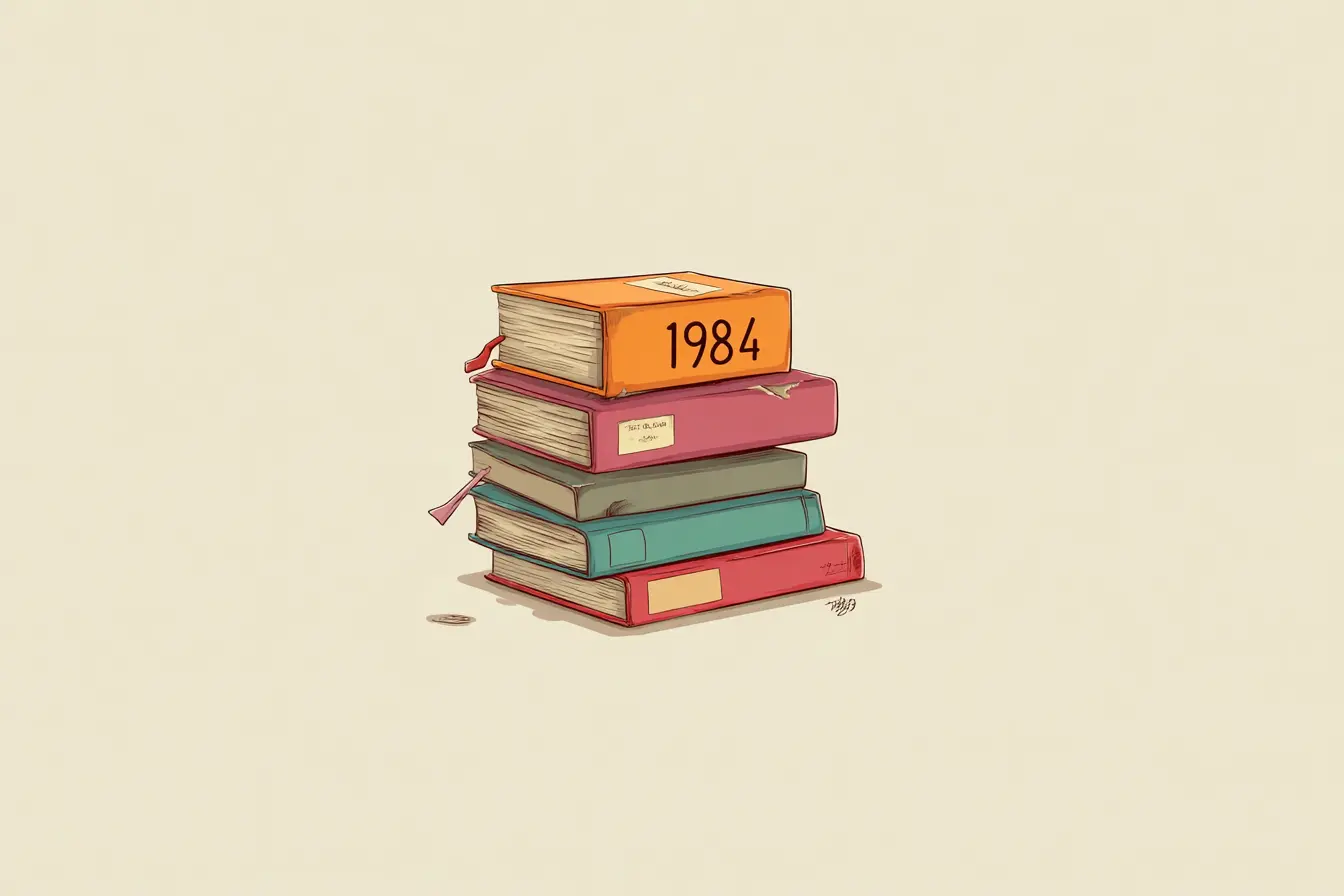It’s one of those phrases that sounds like a riddle your grandma might say at a birthday party. “You can't have your cake and eat it too.” Huh? If I have cake… why wouldn’t I eat it?
Welcome to one of the most deliciously confusing idioms in the English language. Let’s dig into the frosting and figure out what it really means — and if there’s any way around it.
So... What Does “Have Your Cake and Eat It Too” Mean?
At first, the phrase doesn’t seem to make much sense. If you have cake… why wouldn’t you eat it?
But here’s the catch: once you eat the cake, you no longer have it. The idea behind “have your cake and eat it too” is that you can’t enjoy something and still keep it at the same time. It’s a way of saying you can’t have it all: choosing one thing usually means giving up another.
It’s like trying to save your slice of cake and eat it for dessert. Once it’s gone, it’s gone.
Think of it like this:
- You want to spend all your money on a vacation but also save that money for emergencies.
Or:
- You want the freedom of being single, but also the emotional security of a relationship.
Sorry, life doesn’t always serve cake that way.
Have Your Cake and Eat It Too: Meaning in Real Life
Still confused? Let’s make it tastier with examples:

So, what does have your cake and eat it too mean in plain English? Wanting to enjoy the benefits without facing the cost or consequences.
The (Slightly Crumbly) Origin of the Phrase
This quirky expression has been around for centuries: it was first recorded in the 1500s, and the original version was actually the reverse: “You can’t eat your cake and have it too.” That version makes more logical sense if you think about it: once you eat the cake, you no longer have it. You can’t both consume it and still possess it.
One of the earliest known uses comes from a letter written by Thomas Cromwell, the right-hand man of Henry VIII (yes, the Tudor guy with the dramatic royal soap opera). Over time, especially in American English, the phrase flipped to its current, more confusing form: “You can’t have your cake and eat it too.” Despite the mix-up, it stuck, and today it’s still widely used, often with a smile and a shrug when someone wants it all.
So if you’ve ever wondered about the origin of “have your cake and eat it too”, you can thank history, grammar shifts, and probably some stubborn royal advisor.
Can You Ever Actually Do Both?
Here’s where things get interesting… Some people say: why not bake two cakes? Modern life is full of workarounds, compromises, and loopholes. Maybe you can…
- Start a side hustle that feels like a hobby
- Date casually and have honest emotional connection
- Travel the world and work remotely
So yes, have your cake and eat it might be possible, if you get creative. But most of the time, the phrase is a gentle reminder that choices come with trade-offs.
Why It’s Still Useful Today
Whether in relationships, money, or career decisions, this idiom is timeless. It helps you:
- Think about consequences;
- Be realistic with goals;
- Laugh when life says, “Nice try!”
So next time someone says you're trying to have your cake and eat it too, ask yourself: “Am I being practical… or just hungry for everything?”
You don’t always get it both ways, but understanding this phrase helps you make smarter decisions (and maybe smarter dessert plans too). Remember: You can’t have your cake and eat it too… unless you're clever enough to slice it differently. 😉


